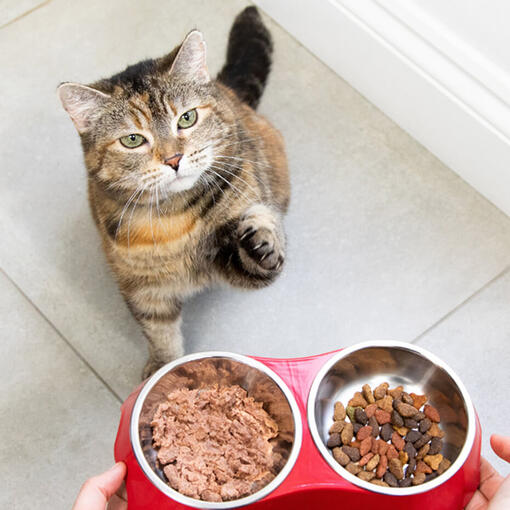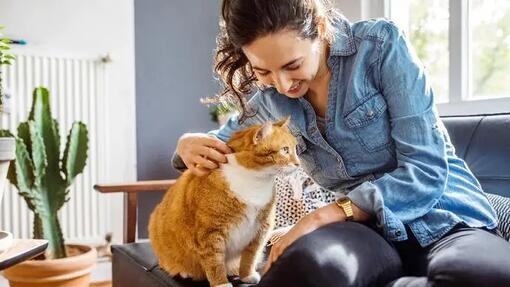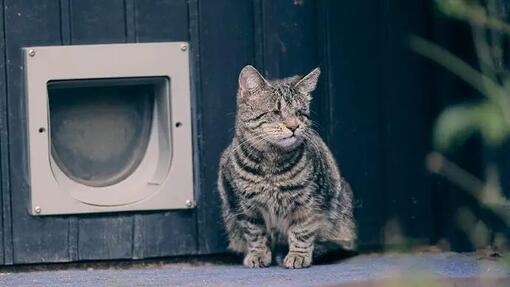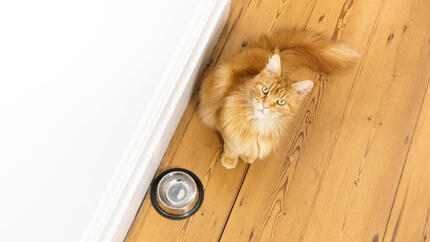
All cats deserve a loving family and a forever home. But there is a special group of felines that need a little bit of extra attention and care. In return, they’ll give their owners plenty of love for welcoming them into their life. These are the special needs cats, a lovely group of furballs that are often overlooked during the adoption process.
Some of them have been harmed or treated poorly, others have an illness that requires life-long care and medication. All of them need our affection more than we’ll ever know, but don’t require as much effort as you might think. With patience and guidance from the vet, there is no reason why they can’t have fun-filled lives, despite their special health condition. After all, they still have eight lives left to live!
So, if you want to know more about special needs cat adoption and what life might be like with one of these amazing fellows by your side, here are some of the common physical limitations in kittens struggling to find a new home.
Blind cats
Bonding with blind cats is easier if you keep in mind a few simple rules: keep everything they need (food, water, toys etc) in the same place so they can memorise the objects’ locations, avoid letting them out and about in new or open spaces to avoid disorientation, and consider microchipping them so they can be returned home safely in case they get lost.
You might think that leads and cats have never been best friends, but some felines tolerate them quite well. Walking your blind cat on a leash is a great way to keep them safe and they’ll feel more comfortable knowing you’re right them with them whenever you go out for a walk.
Deaf cats
Owners can’t imagine their lovely feline not being able to hear and respond to the sound of their voice. But deafness in cats is not as life-changing as it might seem at first. Plus, it can be very difficult for cat lovers to spot the pet’s lack of response to the sounds around them, as they typically compensate the lack of hearing with other senses.
As long as you develop a system of hand signals to replace voice commands and make sure they’re always under supervision near roads or other potentially dangerous situations, they’ll be a loving companion for years to come. Remember to add your contact details on your cat’s collar or microchip them so they can return home safely in case they get lost.
Three-leg cats
There are many disabled cats looking for adoption and, among them, the felines missing one of their limbs can easily be the stunning pet you’ve been looking for. Leg amputation is sometimes necessary if a cat has been in an accident or as a result of a tumour that needs to be removed before it spreads to other parts of the body. But they’ll accommodate to life on three legs in no time and you’ll soon see them keen to run and walk again.
Owners of cats with a missing limb need to keep a close eye on their pet’s weight. These felines won’t be able to roam the neighbourhood or chase birds as often as the other fellow cats. The drop-off in physical activity can often translate into extra pounds.
Cat with life-long medical needs
On the list of special needs cats, there are those furry friends dealing with life-long conditions such as arthritis or diabetes. Some of the ways owners can help cats enjoy a healthy and happy life for years to come involve weight management, specialist diets and medication.
The good news is that with the help of a vet as well as specially created diets for cats with specific conditions, most of these health concerns can be managed successfully.
FIV-positive cats
Feline immunodeficiency virus (FIV) is similar to the HIV infection in humans, but cannot be transmitted from cats to their owners. In fact, many cats diagnosed with FIV can continue living happily without any clinical manifestations of the virus infection. However, they need to be protected from infections, so vaccinations and regular flea control are key for these special needs cats. As long as you follow your vet’s advice, life with a cat affected by FIV can be just as wonderful as with any other pet.
FeLV-positive cats
Feline leukemia virus (FeLV) affects only cats and unfortunately it can be fatal to pets diagnosed with this illness. The virus oftentimes damages the white blood cells which means the cat is no longer able to fight off infections. When looking after a cat that has been diagnosed with FeLV it’s important to make sure you keep them secure and protected from hazards. Keeping them indoors is highly recommended as this will minimise the potential for infections to occur. Good preventative actions taken as guided by the vet can help these special needs cats have a joyful life.
Adopting a special needs cat is such a rewarding experience for any pet lover. Although physically limited, these pets are so easy to love and, in many cases, looking after them is not as difficult as you might expect. With the proper guidance from a vet, you can enjoy plenty of fun-filled years together. If you’re thinking about adopting a cat and you’re not sure where to start, check out our expert guide. And make sure you visit your local rescue centre to check if there are any special needs cats waiting for a loving family to welcome them home.

















